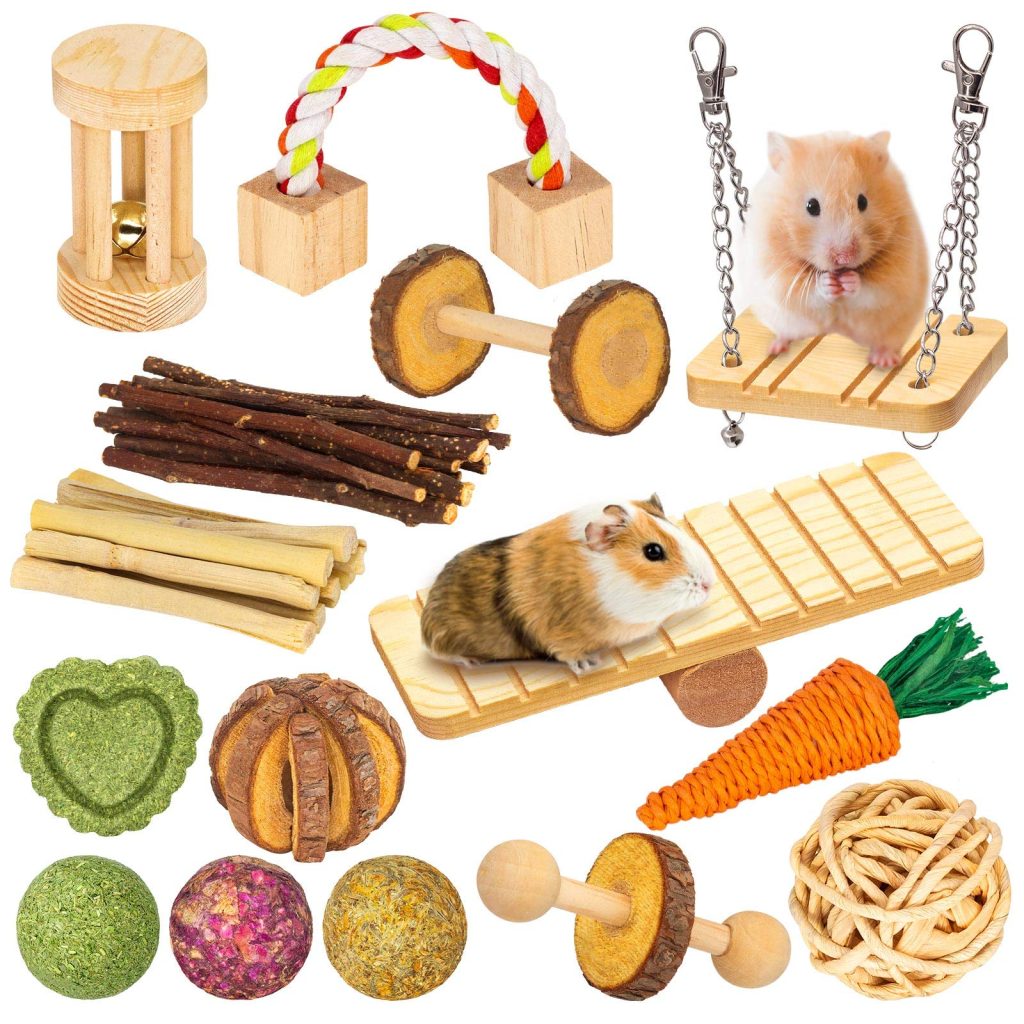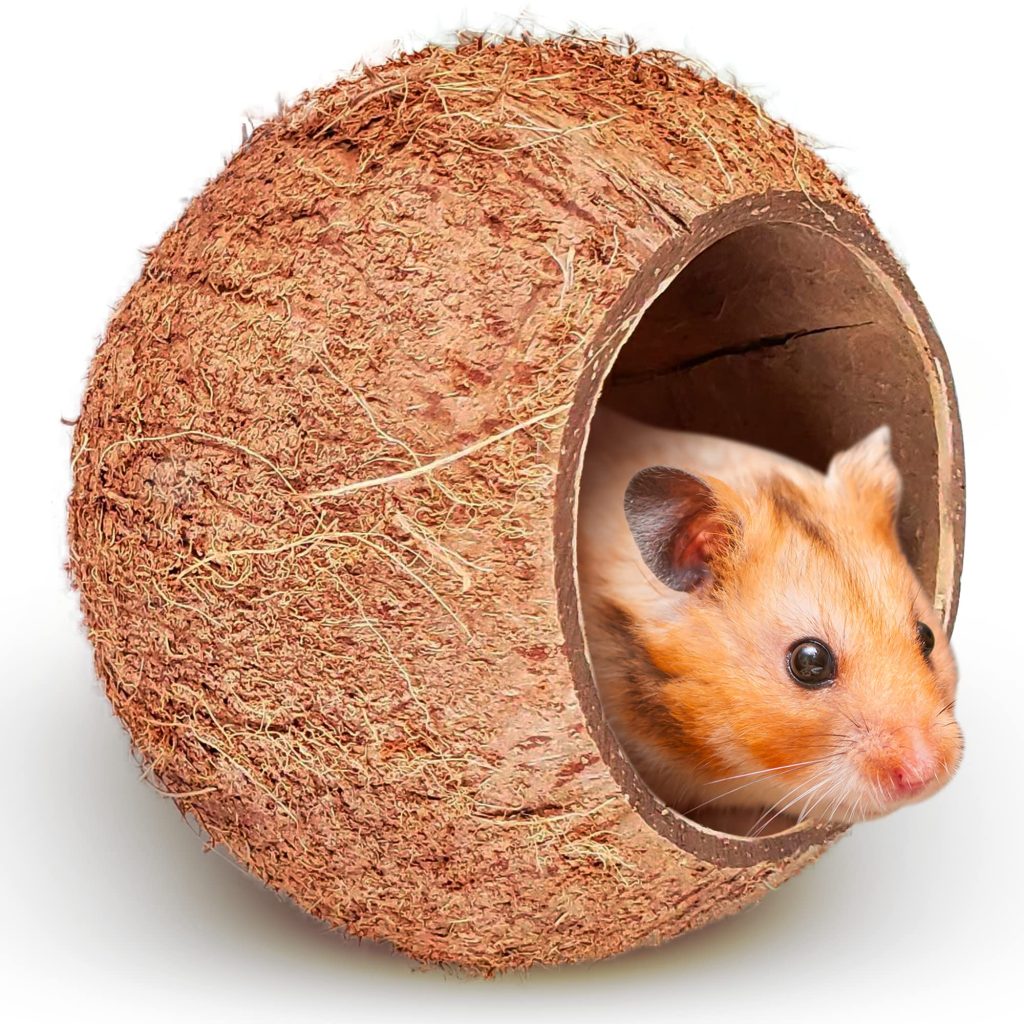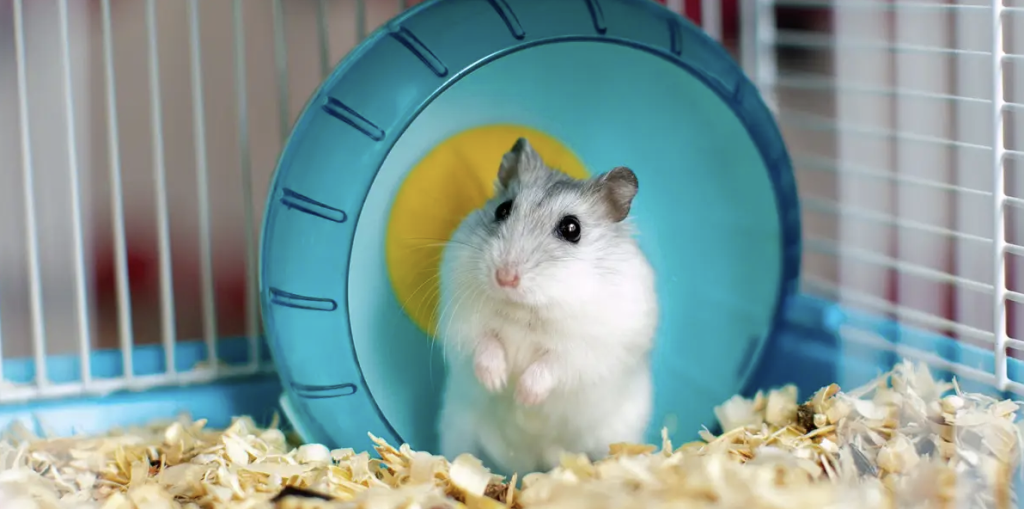Guinea pigs, also known as cavies, are popular pets around the world. However, as with any animal, it is important to ensure that guinea pigs are treated with the appropriate level of care and attention to ensure their welfare is maintained. In this article, we will discuss guinea pigs and animal welfare and how to ensure that your pet guinea pig is healthy and happy.

Housing
One of the most important aspects of guinea pig welfare is their housing. Guinea pigs need a spacious and clean living area with plenty of room to move around and exercise. The size of the cage should be appropriate for the number of guinea pigs you have, with at least 7.5 square feet of living space per pair of guinea pigs. The cage should also be made of a sturdy material, such as wire mesh or plastic, and should be easy to clean.
In addition to their cage, guinea pigs should have access to a sheltered area where they can retreat to if they feel threatened or exposed. This could be a small wooden hut or a cardboard box with a hole cut in the side.
Diet
Guinea pigs are herbivores and require a diet that is high in fiber and vitamin C. A good quality hay should form the basis of their diet, with fresh vegetables and fruit providing additional nutrients. Guinea pigs should also have access to clean, fresh water at all times.
It is important to avoid feeding guinea pigs food that is high in sugar or fat, as this can lead to health problems such as obesity and dental disease. Chocolate, caffeine, and alcohol should also be avoided, as they are toxic to guinea pigs.

Exercise
Guinea pigs are active animals and require regular exercise to maintain their physical and mental health. Providing your guinea pig with a large cage is a good start, but they also need time outside of their cage to run around and explore.
A playpen or a designated area in your home can provide a safe and stimulating environment for your guinea pig to exercise. You can also provide toys and activities such as tunnels, chew toys, and hiding places to keep your guinea pig mentally stimulated.
Socialization
Guinea pigs are social animals and thrive in pairs or small groups. If you have a single guinea pig, it is important to provide them with plenty of attention and interaction to prevent them from becoming lonely or bored.
When introducing new guinea pigs to each other, it is important to do so slowly and carefully to avoid fights or injuries. It may take a few weeks for the guinea pigs to become comfortable with each other, but with patience and supervision, they should be able to form a close bond.
Healthcare
Regular veterinary check-ups are essential for maintaining the health and welfare of your guinea pig. Routine health checks can detect early signs of illness, dental problems, or parasites. Guinea pigs also require regular nail trims and dental checks to prevent overgrown nails or teeth.
It is important to be aware of the signs of illness in guinea pigs, including loss of appetite, lethargy, respiratory problems, and diarrhea. If you notice any of these symptoms, it is important to seek veterinary advice as soon as possible.

Handling
Guinea pigs are prey animals and can be easily frightened or stressed. When handling your guinea pig, it is important to approach them slowly and gently, avoiding sudden movements or loud noises. Supporting their body and holding them close to your chest can help them feel safe and secure.
It is also important to avoid picking up your guinea pig by their legs or tail, as this can cause injury. Instead, scoop them up with both hands, supporting their body and legs.
In conclusion, guinea pigs are popular pets that require appropriate care and attention to ensure their welfare is maintained. Providing a spacious and clean living area, a healthy diet, regular exercise, socialization, healthcare, and gentle handling can help ensure that your guinea pig is healthy and happy.